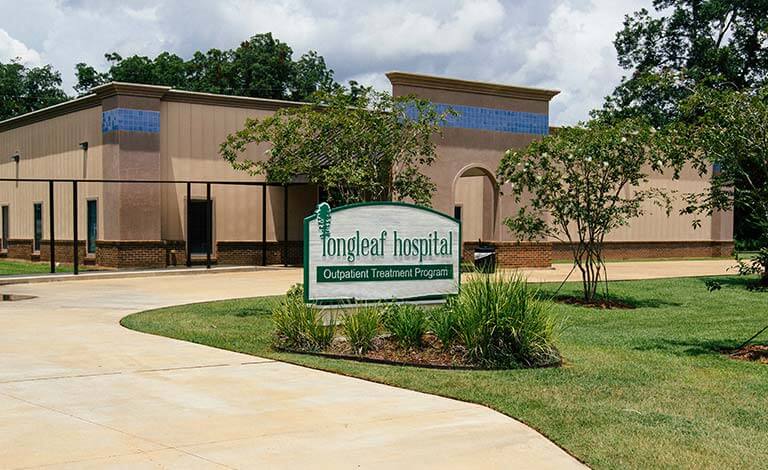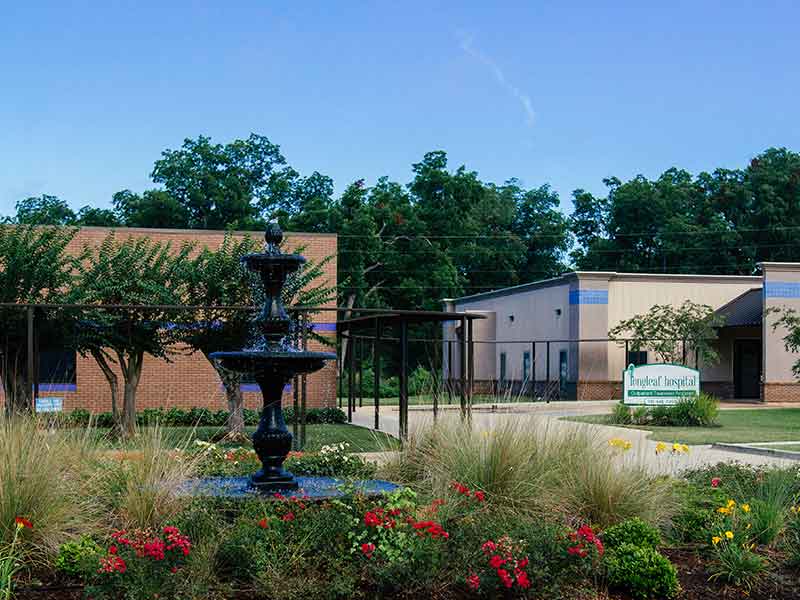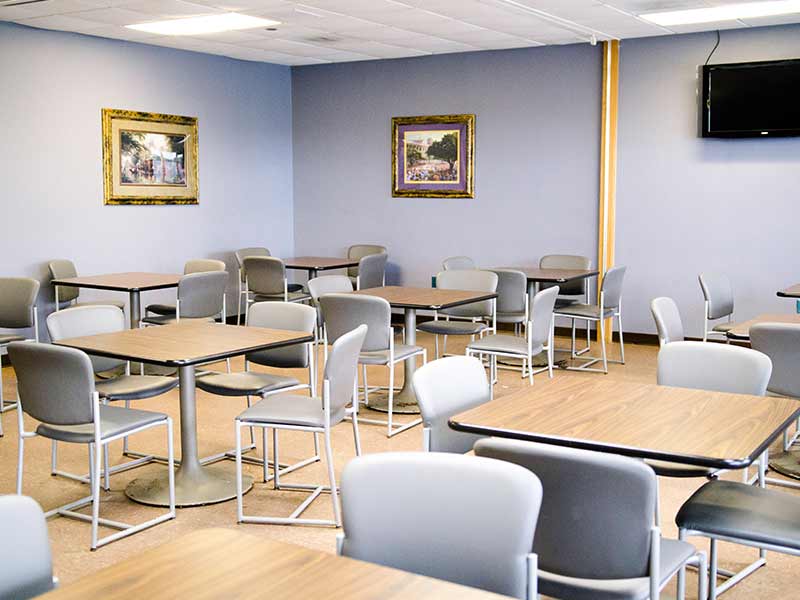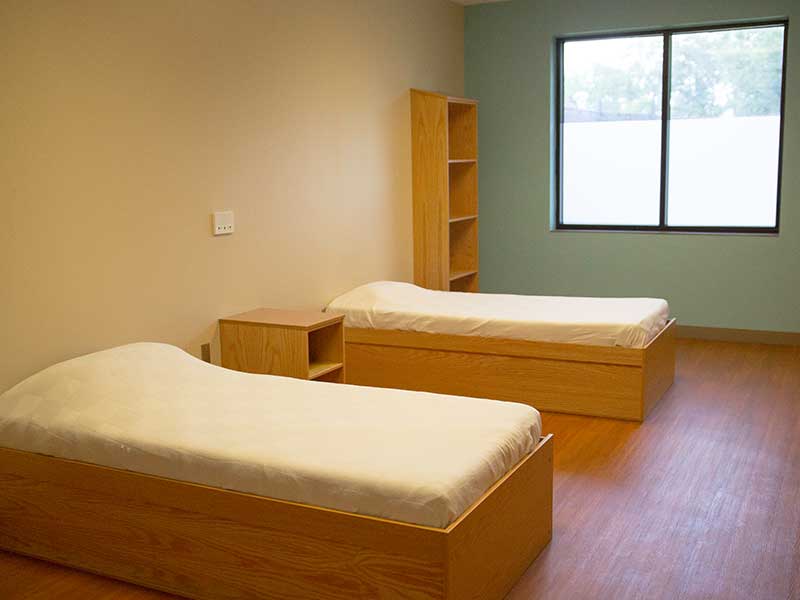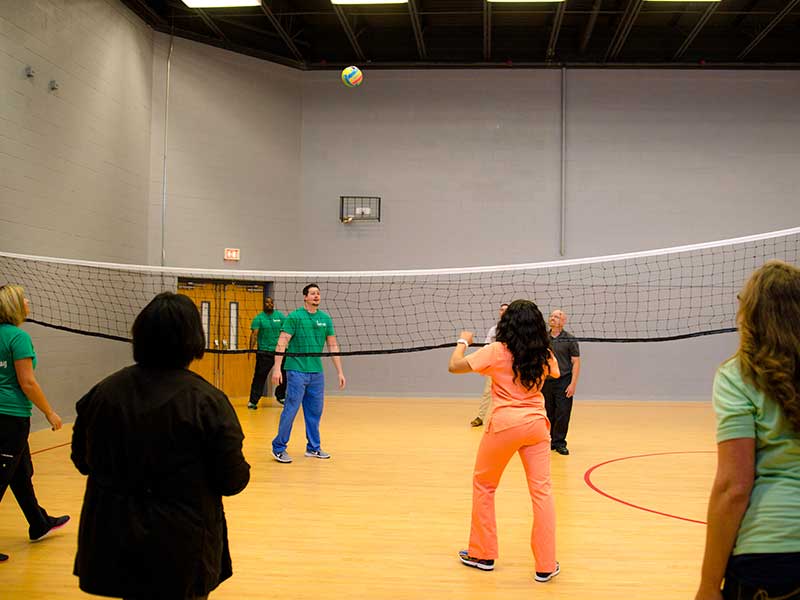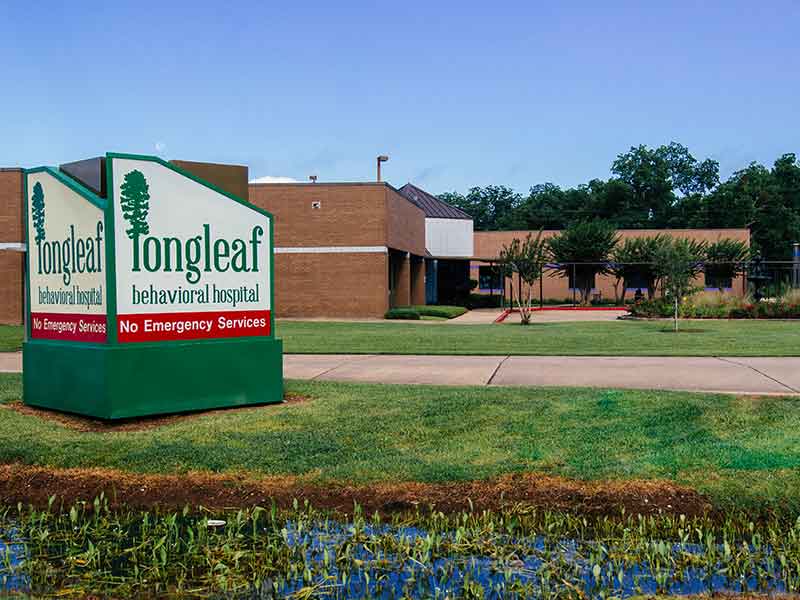Our commitment to comprehensive care for OCD means that we are prepared to provide you with the type, level, duration, and intensity of services that will best meet your needs.
OCD Treatment
Learn more about OCD treatment at Longleaf Hospital in Alexandria, LA
Obsessive-compulsive disorder (OCD) is a mental health condition characterized by unreasonable thoughts and fears (obsessions) that cause a person to constantly perform certain behaviors (compulsions). With OCD, you may not realize that your obsessions aren’t reasonable, or you may try to ignore them. These avoidance attempts typically only increase feelings of distress and anxiety, and can in turn lead you to perform compulsive acts to ease the worry you feel. Unfortunately, no matter how often you perform these acts, the obsessive thoughts do not seem stop. With OCD, you may feel stuck in a pattern of trying to rid yourself of intrusive thoughts but are unable to escape them no matter what you do.
Fortunately, there is a way to end the painful cycle of obsession and compulsion.
The incredible staff at Longleaf Hospital has helped countless adolescents and adult overcome OCD and learn to successfully navigate symptoms of their condition. At our center in Alexandria, Louisiana, you can develop tools to manage your anxiety, find other ways to combat obsessions, and begin the path toward a happy, and productive life.
How to Help a Loved One
Helping a loved one get treatment for OCD
When a loved one is struggling with obsessive-compulsive disorder, you may be unsure what to do to help. You may be afraid to say anything for fear that you’ll somehow make things worse, and at the same time you may be afraid to remain idle because you see your loved one struggling. You likely want so badly to help to relieve his or her pain, and fortunately there are steps you can take to help. If someone you care about is suffering from OCD, please consider the following tips:
- In order to effectively help your loved one, it’s imperative that you take the time for yourself. Find a local therapist or a support group to use as an outlet so that you have the energy to help your loved one. This will allow you to process your emotions as well as learn some tactics to help get your loved one into treatment.
- Before trying to have a conversation with your loved one about OCD, spend some time learning all that you can about the condition and the treatment of the disorder. This knowledge will allow you to best advocate for your loved one, and can allow you to engage in a frank, open, and honest conversation with him or her.
- One of the best things that you can do to help your loved one enter treatment is to do some research and ask for recommendations for treatment centers in your loved one’s that specialize in the treatment of obsessive-compulsive disorder, and arrange to take a tour of the facility. Visiting the space can help ease the anxiety your loved one may feel about an entering an inpatient treatment center.
Why Consider Treatment
Why consider treatment for OCD at Longleaf Hospital in Alexandria, LA
If left untreated, your obsessive-compulsive disorder will slowly begin to take over your life and cause a number of serious problems. You may find that you’re unable to go to work or unable to engage in social activities you once enjoyed. You may find that you’re now struggling with anxiety and depression, which can further exacerbate the symptoms of your obsessive-compulsive disorder. You may turn to alcohol or drugs to self-medicate your symptoms, only to realize that you’ve developed an addiction. You may find that your quality of life is becoming significantly impaired, and you may even begin to think about harming yourself. If you can relate to these feelings, it is time to seek help for your obsessive-compulsive disorder.
An inpatient program for OCD has been demonstrated to be one of the most effective ways to treat this condition as it allows you the ability to escape your daily stresses and focus on what matters – your recovery. The best way to begin treatment for obsessive-compulsive disorder is in an inpatient setting that will allow your treatment team to create a customized treatment plan just for you, and make necessary adjustments to your plan of care as needed.
At Longleaf Hospital, located in Alexandria, Louisiana, our staff has had decades of experience helping adolescents and adults overcome their obsessive-compulsive disorder and learn to live healthy and happy lives. Our calm and nurturing center will allow you the space you need to overcome your disorder and learn a new way of living.
Our multidisciplinary team of doctors, nurses, psychiatrists, therapists, and support staff work together to create an atmosphere of healing as you confront your challenges. At Longleaf, we work hard to make sure that you always have someone to turn to when you need us most.
Types of Treatment
Types of OCD treatment offered at Longleaf Hospital in Alexandria, LA
Located in Alexandria, LA, Longleaf Hospital is the area’s leading provider of individualized psychiatric care for children, adolescents, teens, and adults who are suffering from OCD and a host of other conditions. Having recently completed a full upgrade of clinic facilities in 2015, Longleaf offers a tranquil setting in which to heal. Our hospital is set amongst a peaceful wooded area, but is easily accessible off of highway 28 near the Alexandria Coliseum.
At Longleaf Hospital, we seek to provide the highest level of psychiatric care while treating each child, adolescent, and adult. Our program’s mission is to support long-term success for patients both during treatment at this clinic and after they return home. This is accomplished through the work of our expert team of highly qualified mental health and medical staff who are committed to providing dignity in treatment and to empowering patients to lead healthy, productive lives.
Patients who come to Longleaf may be struggling with a wide variety of psychiatric concerns, and treatment for OCD will consist of various supports that are tailored to address each patient’s unique strengths and challenges. For adult patients who are struggling with a co-occurring substance use disorder in addition to OCD, Longleaf is pleased to provide comprehensive care to address chemical dependencies of many types, including addictions to alcohol, benzodiazepines, heroin, opioids, marijuana, PCP, methamphetamines, cocaine, hallucinogenic, synthetics, and more.
Options for treatment at our clinic span the continuum of care, and include several options in order to provide the ideal treatment environment for every patient. We are also proud to offer specialized supports for active and retired military personnel and their dependents.
Upon admission, each patient is thoroughly assessed prior to beginning services at Longleaf, and a personalized plan of care is devised to encourage the most beneficial outcomes possible, no matter what level of care the patient is engaged in.
Short-term acute inpatient care is offered for children and adolescents ages 11-17 and adults ages 18 and above. In this setting, patients can receive a variety of supportive services designed to help them overcome symptoms of OCD, including:
- Medically assisted, supervised detoxification programming
- Cognitive behavioral therapy (CBT)
- Motivational enhancement therapy (MET)
- Rational emotive behavioral therapy (REBT)
- Medical services from nurse practitioners and doctors
- 12-Step based services
In addition to the treatment modalities listed above, all children, adolescents, and adults who seek care at Longleaf will have access to the following therapies:
- Individual therapy: Master’s level social workers provide this one-on-one service to allow all patients to process issues from the past and present that have contributed to the onset of symptoms of OCD. In this private, confidential setting, individuals can discuss the challenges and successes that arise in treatment, and make a plan for continued success after leaving Longleaf.
- Medication management: If an individual’s symptoms can be effectively treated with prescription medications, our team can include medication management services into his or her personalized treatment plan. All medication decisions will involve the input and consent of the individual in treatment and/or his or her parents or guardians.
- Family therapy: Family therapy is offered twice weekly and is designed to engage a patient’s loved ones in his or her recovery journey, to heal damaged relationships, and to increase the functionality of the family unit.
- Group therapy: All patients at Longleaf will have many opportunities to participate in group therapy. Offered daily, this intervention is used to help patients learn from each other, and to combat the sense of isolation that is common amongst those suffering from the symptoms of mental illness, including OCD. Group discussions are varied but could include topics such as anger management, impulse control, coping skills, and discharge planning.
At Longleaf Hospital, we are proud to have a long history of providing superior service to active duty military members, veterans, and their families. Our military support efforts are led by our medical director, a retired Army colonel who works closely with all military members who heal at Longleaf. We do not have a specialized treatment track for military members, but we ensure that the unique issues and challenges that are experienced by members of the military community are addressed in each patient’s personalized treatment plan, and we place a premium on ensuring that all military-affiliated patients receive the customized care that will best prepare them for long-term success.
In addition to Longleaf Hospital’s acute inpatient care program, the partial hospitalization program (PHP) is another option for support that is available to adult patients age 18 and above. PHP at Longleaf, which typically spans a time period of 2 to 6 weeks, has been proven successful in addressing OCD. This option is suitable for patients who require a high level of support, but who are able to return to their home environments in the evening.
Programming within this level of care is based on 12-Step ideology, cognitive behavioral therapy (CBT), and motivational interviewing. Medication management is also available within PHP at Longleaf, and patients can meet with a psychiatrist twice per week while in this program. Individual, family, and group therapies are also provided, as well as thorough discharge planning.
The least acute option for care for OCD at Longleaf Hospital is the intensive outpatient program (IOP). This form of support can be used as a step-down level of care from other programs, or for adults age 18 and above who do not require a higher level of care. Typically lasting 8 to 12 weeks, IOP at Longleaf consists of medication management services and various time-tested therapeutic techniques designed to address symptoms of OCD.
Learn More Today
Get more information about treatment for OCD
The admissions staff at Longleaf is available to speak with referral sources and prospective patients and their families 24/7. Upon contacting Longleaf, a licensed intake counselor can provide an initial assessment, and answer any questions that you may have about healing at our hospital. The decision to seek care for OCD may be a difficult one, but the compassionate professional team at Longleaf Hospital in Alexandria, Louisiana, is here to ensure that you find the very best support for yourself or a loved one.




